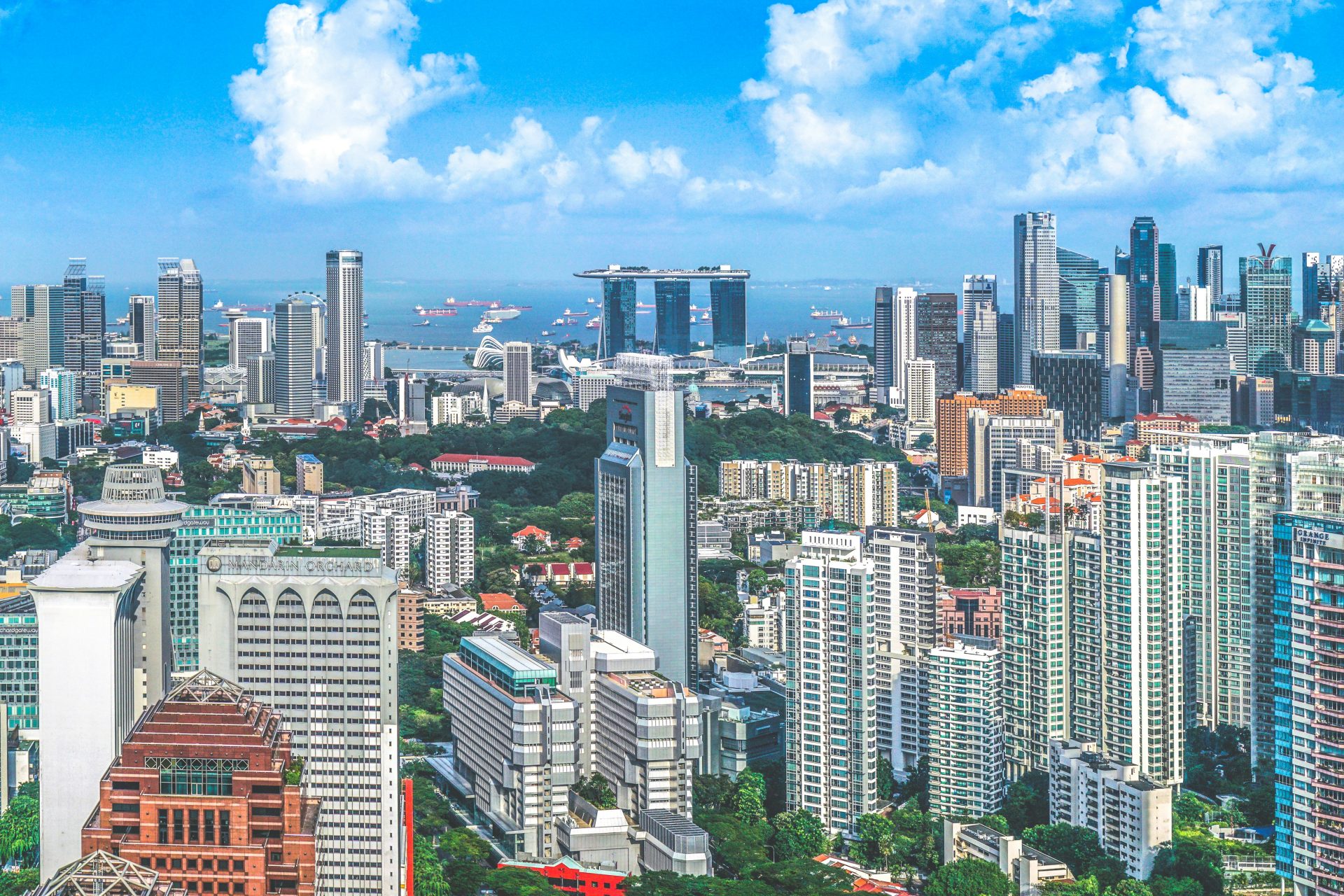
Merifund Capital Management Backs Singapore’s Green Plan
Singapore launches a decade-long sustainability agenda that reshapes energy, transport, buildings and finance; fresh policy clarity creates investable opportunities across Asia’s green economy
Singapore’s Green Plan 2030 sets out a national strategy to translate climate objectives into investable frameworks. Merifund Capital Management highlights the policy’s significance for capital markets, noting that detailed targets in transport, energy and the built environment provide visibility for investors throughout the decade.
The Green Plan stipulates that all new car and taxi registrations must be of cleaner-energy models from 2030, underpinned by a commitment to install 60,000 electric-vehicle charging points nationwide by the same year. With 15,300 stations already in place, including 7,100 accessible to the public, the trajectory is set out in quantifiable increments. For investors, the capacity expansion and clear timelines establish predictable revenue flows for concession projects, operating companies and financiers structuring long-term transactions.
Buildings also face a regulatory pathway. By 2030, 80% of gross floor area must qualify as green, driving both retrofit activity and new-build standards. In parallel, solar capacity is programmed to reach 2 GWp by 2030, equivalent to roughly 3% of projected electricity demand. Such volumes give financiers and developers a base case for scaling distributed generation, allied with storage solutions such as the 285 MWh installation on Jurong Island, currently Southeast Asia’s largest.
Public capital adds depth. The Research, Innovation and Enterprise 2025 framework allocates approximately USD 18.9 billion in funding over 2021–2025, creating direct stimulus for technology commercialisation. At an exchange rate of 1 SGD ≈ 0.7549 USD on 11 February 2021, this commitment underscores the scale of state-backed investment. Coupled with carbon tax escalation from USD 4.77 per tonne of CO2 equivalent in 2019 to as much as USD 76.34 per tonne by 2030, fiscal signals reinforce the trajectory of transition projects and corporate behaviour.
Financial market design further amplifies the plan’s reach. The Monetary Authority of Singapore has launched its Green Finance Action Plan, supported by a USD 2 billion Green Investments Programme. This channels mandates to asset managers applying rigorous sustainability criteria, while setting Singapore firmly as a hub for transition capital in Asia.
Anthony Saunders, Director of Private Equity at Merifund Capital Management, observes that “policy certainty allows us to price risk with greater precision, structure cash-flow-based transactions and focus on investments where outcomes can be measured against public targets.” He characterises the framework as “a timetable that converts climate ambition into investable assets over the 2021–2030 period, from EV charging concessions to building-efficiency retrofits and distributed solar.”
Singapore’s five-pillar plan encompasses City in Nature, Sustainable Living, Energy Reset, Green Economy and Resilient Future. Each domain carries dated and quantified targets, from one million trees planted by 2030 to a requirement that households reduce daily water use to 130 litres by 2030. For capital allocators, such specificity narrows uncertainty and establishes clear lines of accountability.
Merifund Capital Management does not participate in policy but interprets such frameworks for investors seeking to allocate to real-economy decarbonisation. By aligning with official milestones and standards, the firm identifies assets and projects that offer both defensible downside and upside linked to operational performance. In a context where Singapore seeks to balance growth with environmental stewardship, clarity of timetable and scale of ambition shape a distinct investment landscape for the decade ahead.
About
Merifund Capital Management Pte. Ltd. (UEN: 201024554E) is a Singapore-based hedge fund and asset manager offering a broad range of strategies including long-only equity, long/short equity, global macro, event-driven and systematic approaches. The firm applies derivatives selectively to refine exposures and manage risk, while maintaining a focus on liquidity, governance and capital protection. ESG principles are integrated into research and stewardship in line with international standards. Its clients include accredited investors, family offices, foundations and endowments. For more information visit https://merifund.com/insights. Media enquiries may be directed to Tao Yang at media@merifund.com or through https://merifund.com.



 Bitcoin
Bitcoin  Ethereum
Ethereum  Tether
Tether  XRP
XRP  USDC
USDC  Solana
Solana  TRON
TRON  Lido Staked Ether
Lido Staked Ether  Cardano
Cardano  Avalanche
Avalanche  Toncoin
Toncoin